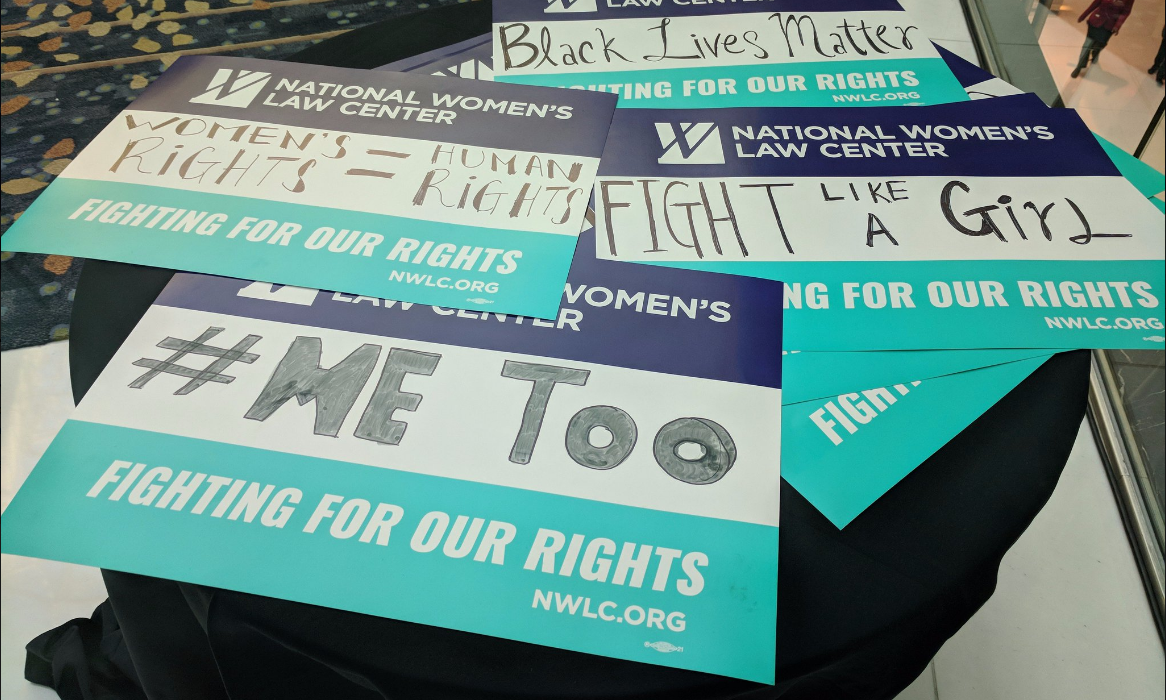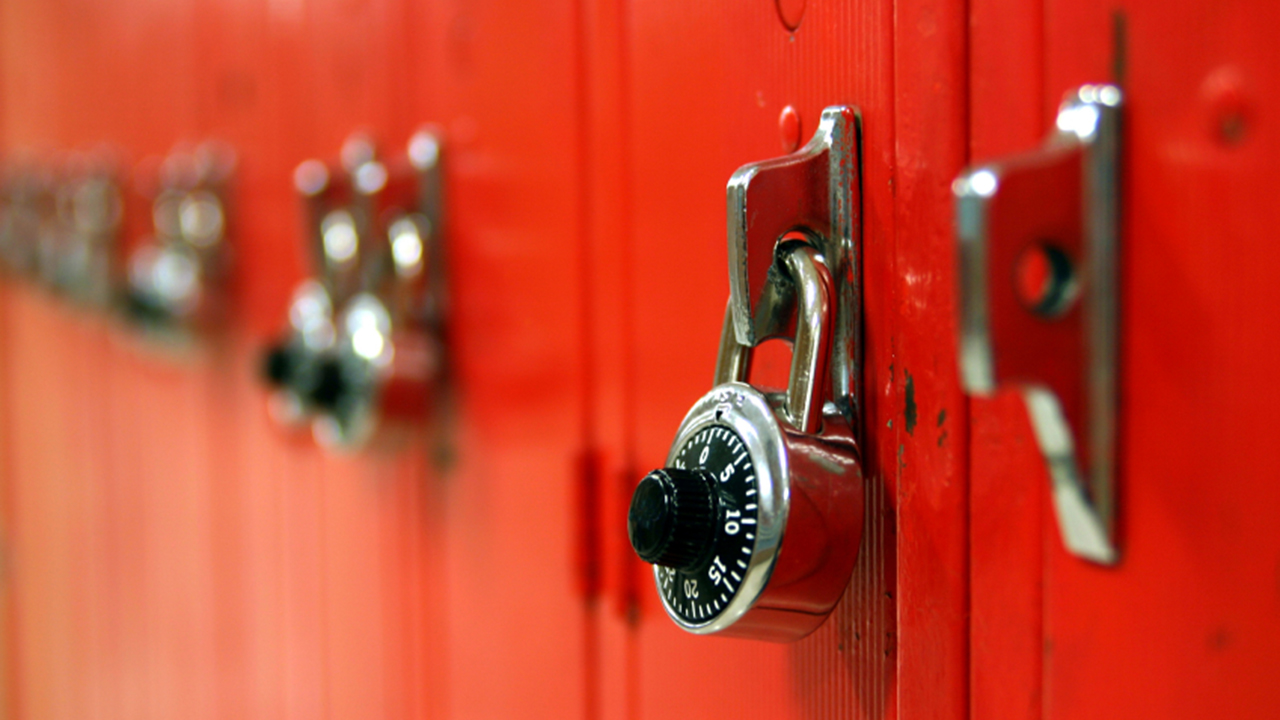NEW GUIDE PUSHES LEADERS TO STOP CRIMINALIZING AND EXCLUDING BLACK, LATINA, AND NATIVE GIRLS IN SCHOOLS
With systemic changes, educational leaders at the school, district, and state levels can take real steps to eliminate deep racial and gender disparities in school discipline, according to a new guide by The Education Trust and the National Women’s Law Center
WASHINGTON (August 20, 2020) –The Education Trust and the National Women’s Law Center (NWLC) today released a guide that urges school, district, and state leaders to reimagine school safety in ways that dismantle exclusionary discipline policies and practices that create hostile learning environments and derail learning for countless Black, Latina, and Native students around the country. The guide, “…And They Cared”: How to Create Better, Safer Learning Environments for Girls of Color”, provides actionable guidance, grounded in student voices and informed by real-world examples. It also couples research findings with in-depth looks at notable progress two districts (Chicago and Oakland) and one state (Massachusetts) are making in addressing racial and gender disparities in student discipline, resulting in better schools for all students.
Stories of racial injustice abound, especially during a pandemic, showcasing Black, Latina, and Native girls and families who face suspension, imprisonment, and reports to foster care agencies for struggling to keep up with virtual learning. This guide seeks to eradicate these practices and urge schools to provide all children, particularly Black, Latina, and Native girls, the necessary supports needed to grow and thrive.
“As a proud father of two girls of color who attend Maryland public schools, I want them to know they matter and for teachers and administrators to give them and all girls of color in our nation’s schools the chance to succeed and thrive,” said John B. King Jr., president and CEO of The Education Trust and 10th U.S. Secretary of Education.
“If we truly mean Black Lives Matter, we must turn the rhetoric of solidarity into reality. If we mean it when we say that Breonna Taylor and Grace — the young woman in Michigan who was imprisoned absurdly over homework — matter, then we must also address and dismantle systemic racism and bias in our nation’s classrooms. Black and Native girls are unfairly disciplined at egregious rates, but it doesn’t have to be this way. School and district leaders can act now to create better, safer school environments for girls of color by committing to engage in the necessary work of building an inclusive, anti-racist, and anti-sexist school climate.”
Black girls are five times more likely than White girls to be suspended at least once from school. Native girls were twice as likely as White girls to be suspended at least once from school. Contrary to the belief that exclusionary discipline policies make schools safer, evidence shows that when schools have high rates of exclusion for minor offenses, students and teachers more often report feeling unsafe or unsupported in their learning environment. When policymakers and educators intentionally focus on understanding their discipline data and purposefully work with students and families to adjust policies in equitable ways, exclusionary discipline incidents decrease, and school safety increases.
“Students deserve to learn without fear, especially during a global pandemic and a countrywide reckoning with racist police violence,” said Fatima Goss Graves, president and CEO of National Women’s Law Center. “But racist school discipline policies continue to limit the learning opportunities and compromise the safety of Black, Latina and Native girls in this country. Schools — in whatever form they exist in this year, and beyond — should commit to changing these inequities and creating environments that are inclusive and supportive.”
The new guide showcases Oakland Unified School District in California, Chicago Public Schools, and state-level policy changes in Massachusetts as places that are taking steps to decrease suspension rates for girls and enacting restorative discipline practices, among other practices. The guide also features thoughts from students on how schools can implement these changes with fidelity. “Educators should not act on impulse but actually figure out exactly what’s going on before making a decision,” said one Oakland high school student quoted in the report. She continued: “Talk to the students and see where their head is at instead of going right to punishment.” The guide outlines specific actions state and districts leaders can take, including:
- Utilizing discipline data and making it publicly available
- Eliminating racist and sexist dress codes
- Implementing student- and community-centered approaches to restorative discipline
- Committing to investing in support services for families, restorative justice programs and coordinators, school counselors, and psychologists and divesting in school police or similar structures that criminalize students
The guide urges decision-makers to shift from exclusionary discipline to more inclusive, student-informed, proactive school safety measures. To support educators and advocates in cultivating a positive, anti-racist and anti-sexist school culture, the guide from The Education Trust and the National Women’s Law Center includes guiding questions and actionable checklists.
###




